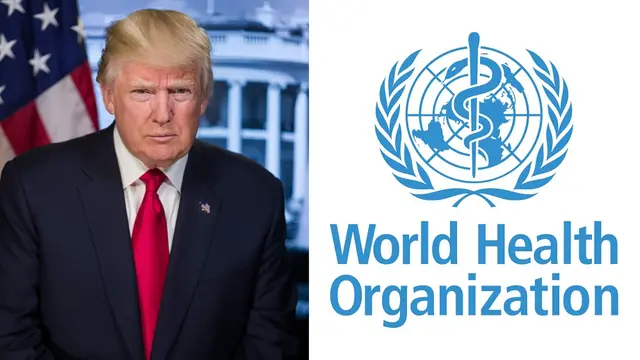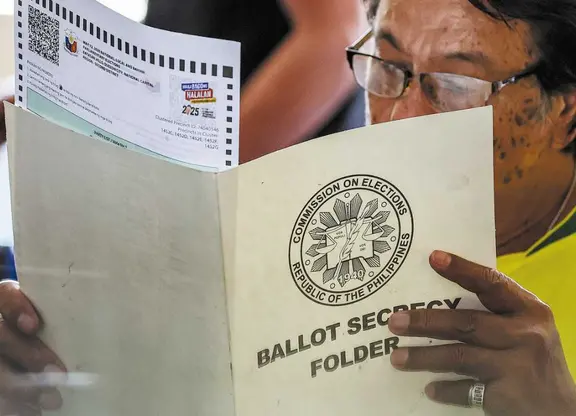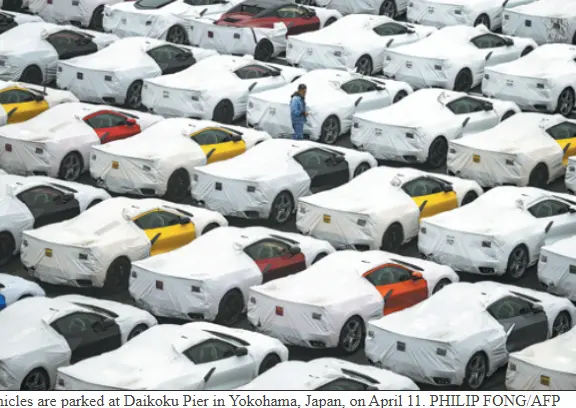By APD writer Alice
The US’s move to exit from the World Health Organisation (WTO)amid the global spread of the novel coronavirus disease (COVID-19) will put China on the top position in the fight against the pandemic in the future.
At present, the US is the largest donor of the global health agency, with more than $400 million in 2019, about 15% of its total budget. Washington currently owes the WHO more than $200 million in assessed contributions.
China is also an important source of funding for this organization when its financial resources have been tightened because many member countries do not make contributions. Beijing's influence on personnel matters is also increasing. Chinese officials hold leadership positions in four of the United Nations' 15 specialized agencies.
One of these agencies has made decisions in terms of organization and policy. It seems to reflect the priority it has given to Beijing.
China has a long-term target on the UN with its huge financial potential and a large contingent of talents.
In addition, China has proven its certain successes in containing the coronavirus pandemic. Initial results have also been recorded in researching a vaccine against the virus. This affirms China’s increasing global influence not only in military and economy but also in the health sector.
The US exit will not push the WHO into an immediate crisis because the increase in private charitable donations from sources such as the Bill & Melinda Gates Foundation, which ranks second after Washington. However, WHO efforts to fight the COVID-19 in developing countries could be hampered if this move hinders the support or relationship of American employees with US pharmaceutical companies. This causes potential consequences for the WHO’s ability to fight COVID-19 and other pandemics in the future.
The Washington administration had ever cooperated very actively with the WHO. They drafted strategic proposals and sent health workers to epidemic-hit areas. The Centers for Disease Control and Prevention and many other US organizations got involved in the WHO’s global response network. During the Ebola epidemic in West Africa that began in 2014, the Obama administration sent 3,000 soldiers and thousands of medical personnel to the region.
US pharmaceutical companies provided significant support to the WHO. In the 1980s, Merck, a US multinational pharmaceutical company, partnered with the organisation to distribute free treatments for parasitic tropical diseases in emerging countries. However, the fine relationship was broken in the context of escalating tensions between the United States and China. The Trump administration blamed the WHO’s much dependence on China on its decicion to leave the global health organisation after more than 70 years of membership.
The United States will leave the World Health Organization on July 6, 2021, the United Nations said after receiving notification of the decision by President Donald Trump.
Trump, who announced the decision over a month ago, had halted funding for the 194-member organization in April. He has to give one-year notice of the US withdrawal from the Geneva-based body and pay all Washington’s dues under a 1948 joint resolution of the US.
The WHO was established in 1948 in the context of promoting international cooperation on health and hygiene after joint efforts of European countries against cholera and plague that broke out in the 19th century, as well as the deadly Spanish flu pandemic in 1918.
The US withdrawal from the WHO will raise a question about the organisation’s financial capacity in the future for programmes promoting health care and disease treatment. With the Washington leaving, the WHO will look for financial support from other member countries and China, the world’s second largest economy, will surely be its main donor.
(ASIA PACIFIC DAILY)
 简体中文
简体中文















